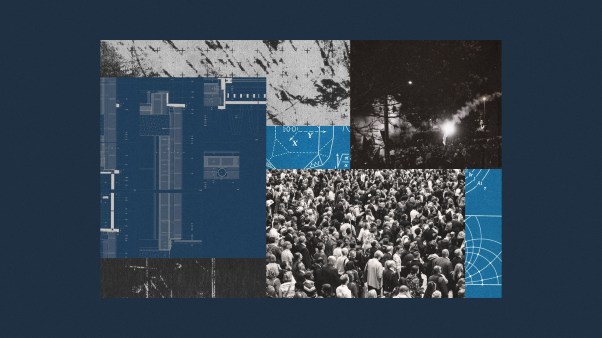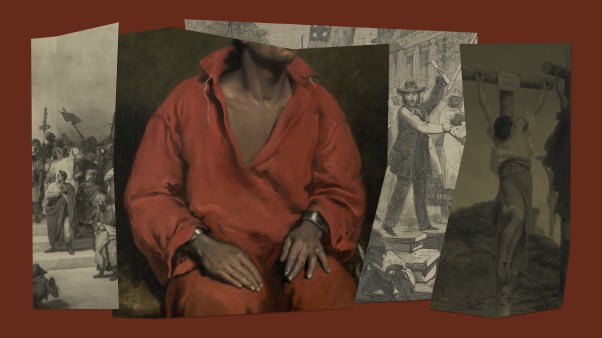Recently, as I prepared to leave for a retreat I was leading for a group of pastors and hospital chaplains, I realized how tired I was, how desperate I was for intimacy with God, and how much I needed the very things I would be guiding others into that day.
After 25 years in ministry, I had learned to pay attention to such inner dynamics and knew not to wait for a “better” time. When the retreat was over, I left immediately for my own retreat destination to enter into 24 hours of solitude and silence.
That choice alone changed the tenor of the week and the whole month that followed. In solitude, I was able to be with God and with what was true about me in utter privacy. There was time and space to attend to what was real in my own life — to celebrate the joys, grieve the losses, sit with my questions, attend to my loneliness, shed my tears — and allow God to be with me in those places.
This was not primarily a time for problem-solving or fixing — because not everything can be fixed or solved. It was a time just to “keep still” and wait for God to accomplish what was most needed in my life. It was a very deep kind of rest indeed.
One of the most important disciplines of my life as a person in ministry is a constant rhythm of solitude and community, stillness and action, engagement and retreat. I need times when I am not “on” and I do not have to be any particular way for anyone, times when I can be alone in God’s presence for my own soul’s sake.
One of the most sobering truths about life in leadership is that I can be very busy and look very important, yet be out of touch with that place in the center of my being where I know who I am in God and what he has called me to do — that place where I am responsive to the voice of God above all others’. When this happens, I am at the mercy of all manner of external and internal forces, tossed and turned by others’ expectations and my inner compulsions. This inner emptiness then becomes the source of frenetic activity that is untethered from any kind of grounding in God. This is not a good situation for a leader to be in.
Over the years, I have learned that my greatest need as a human being and as a spiritual leader is to experience God’s unconditional love and presence beyond all that I do for him. I need to hear a voice that is not my own speaking those things that I most need to hear. In the regular practice of solitude, God’s unconditional love and presence becomes the bedrock of my being, the unshakeable foundation of my true identity and calling. God’s transforming presence experienced in solitude is deeply restorative, enlivening my leadership and enabling me to bring fresh energy and deeper wisdom to the responsibilities before me.
There is rarely a good time for extended solitude in the life of a leader; there is only the right time. On many occasions, when my spirit has been willing but my schedule has been weak, Emilie Griffin’s words have provided a kick in the you-know-what:
When there is no time to do it, that’s when you most need to unclutter the calendar and go apart to pray. When the gridlock in your schedule relentlessly forbids it is the time you most need retreat. That is when your heart beats against the prison walls of your enslavement and says, “Yes, Lord, I want to spend time with you.”
Ruth Haley Barton is co-founder and president of The Transforming Center. She is the author of Sacred Rhythms, Invitation to Solitude and Silence, and other books.
Copyright © 2008 Christianity Today. Click for reprint information.
Related Elsewhere:
CT’s Mark Galli interviewed Richard Foster, who wrote Celebration of Discipline.
Foster also wrote about leadership.








